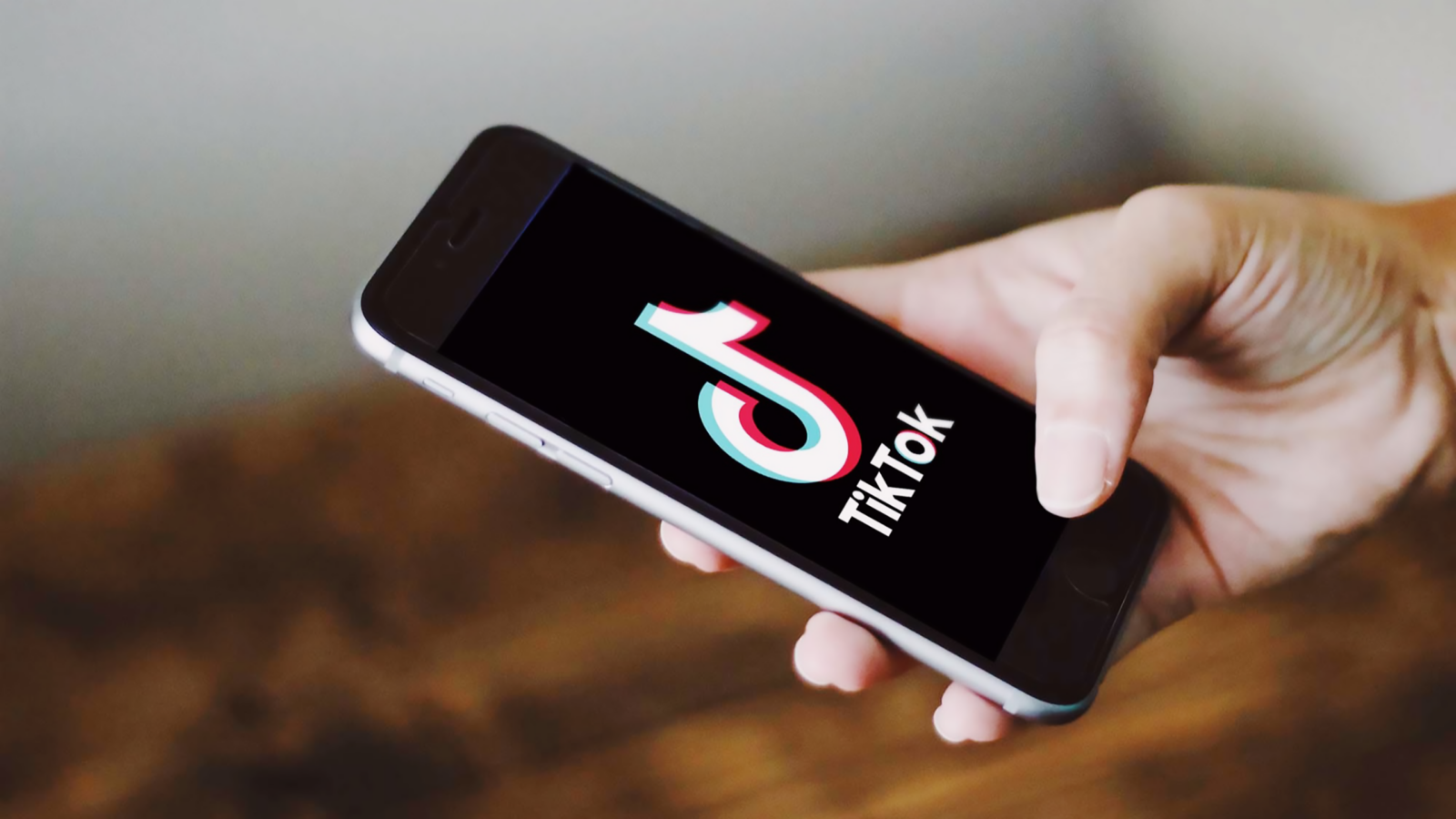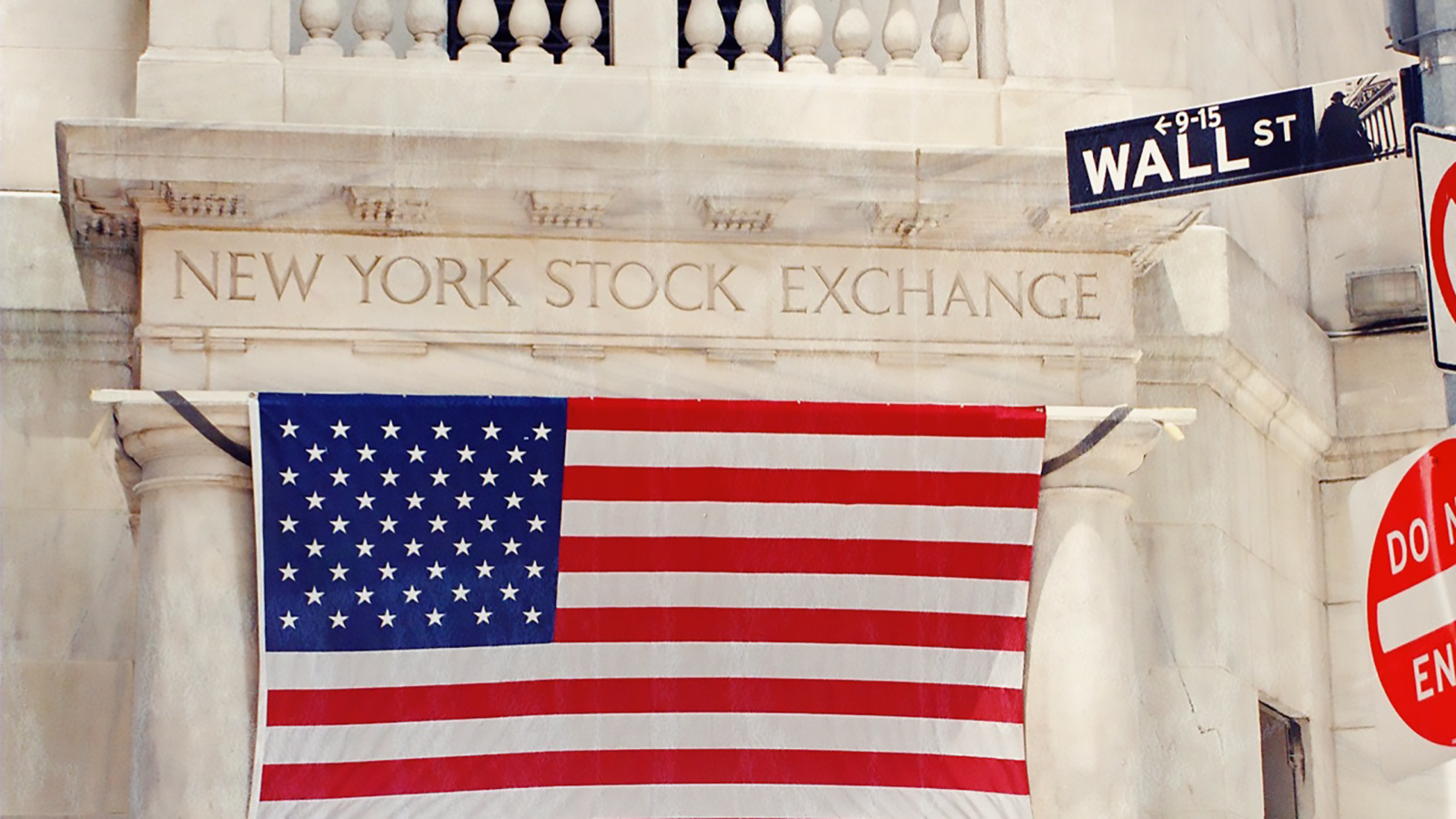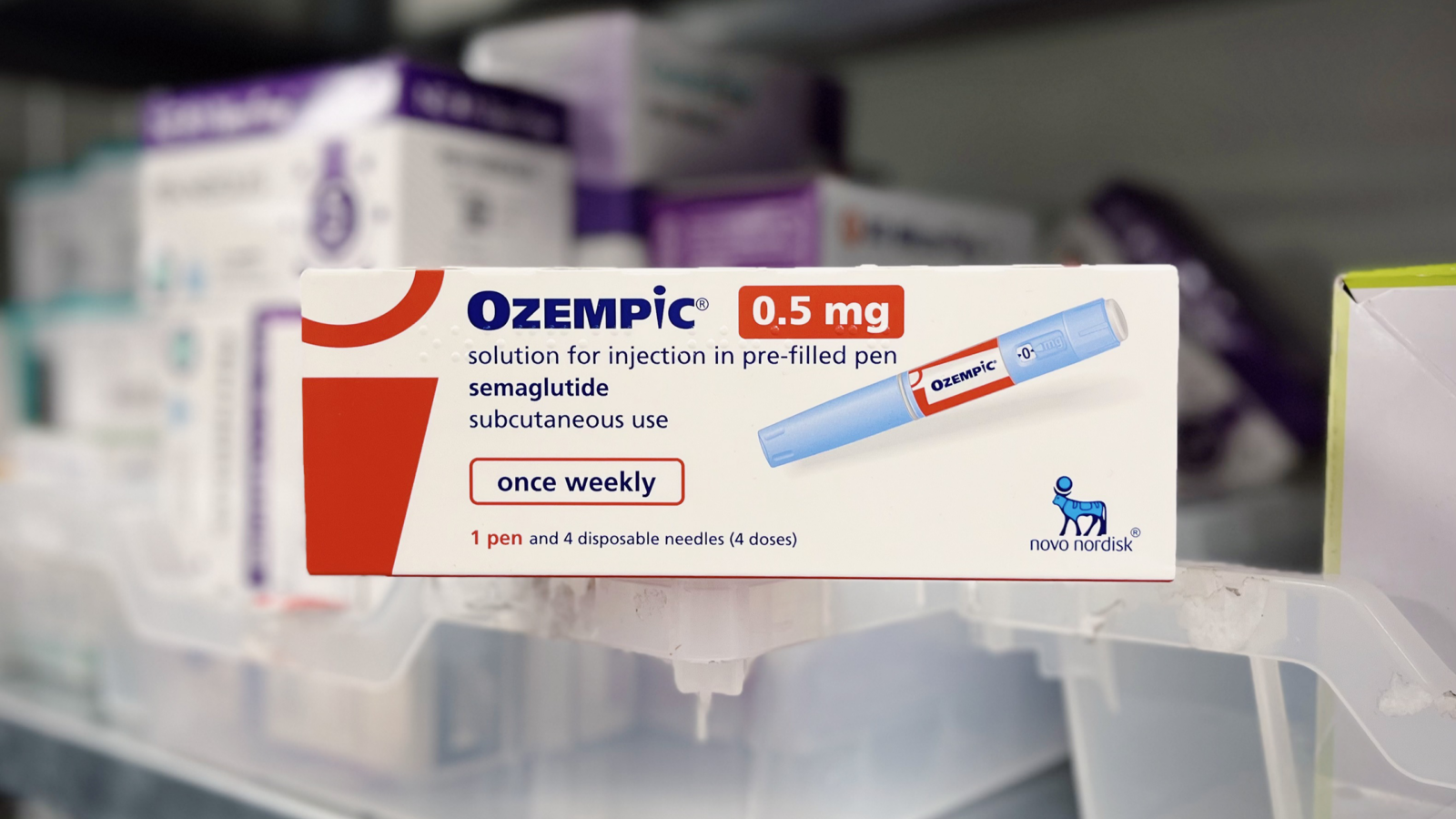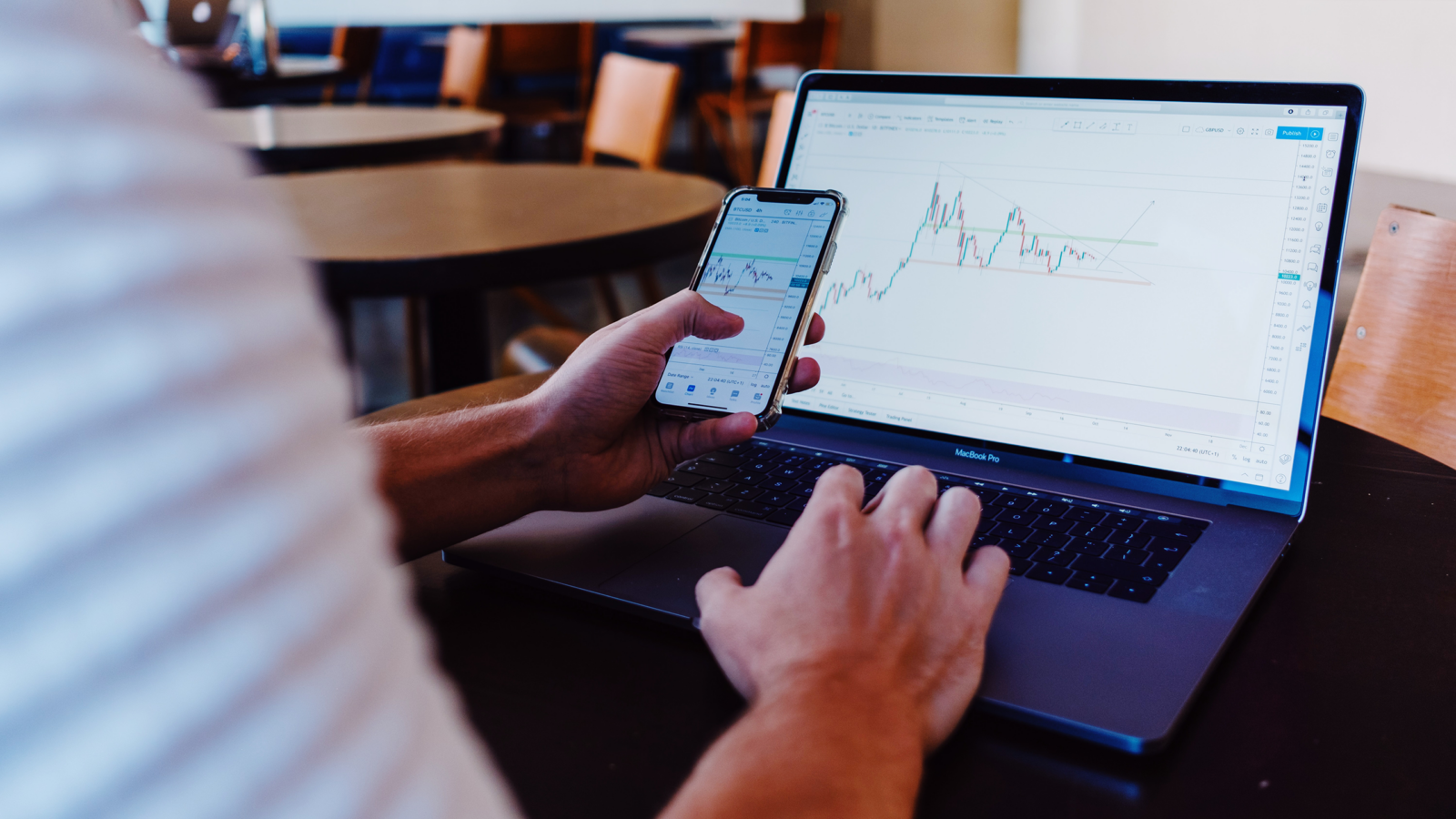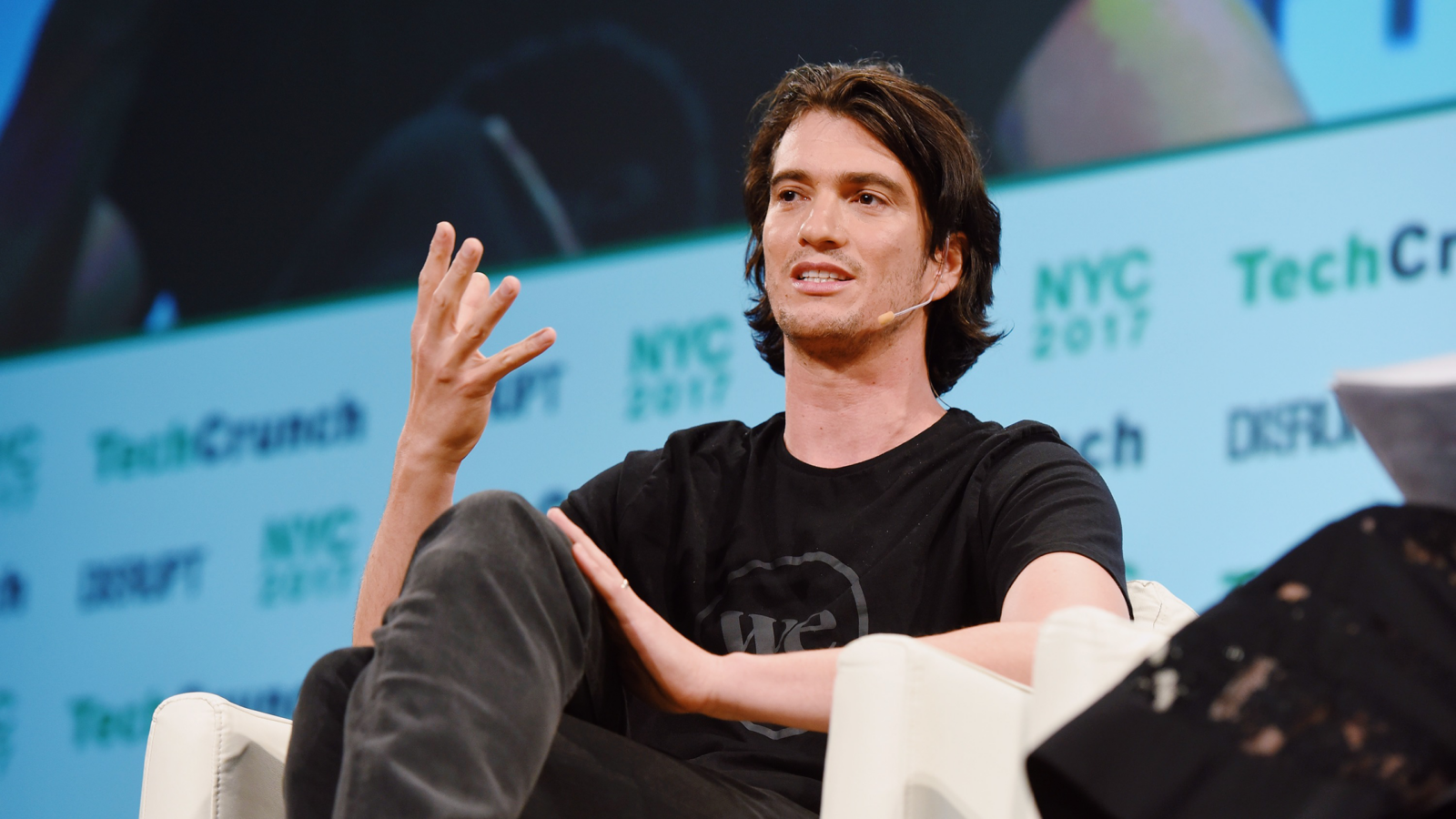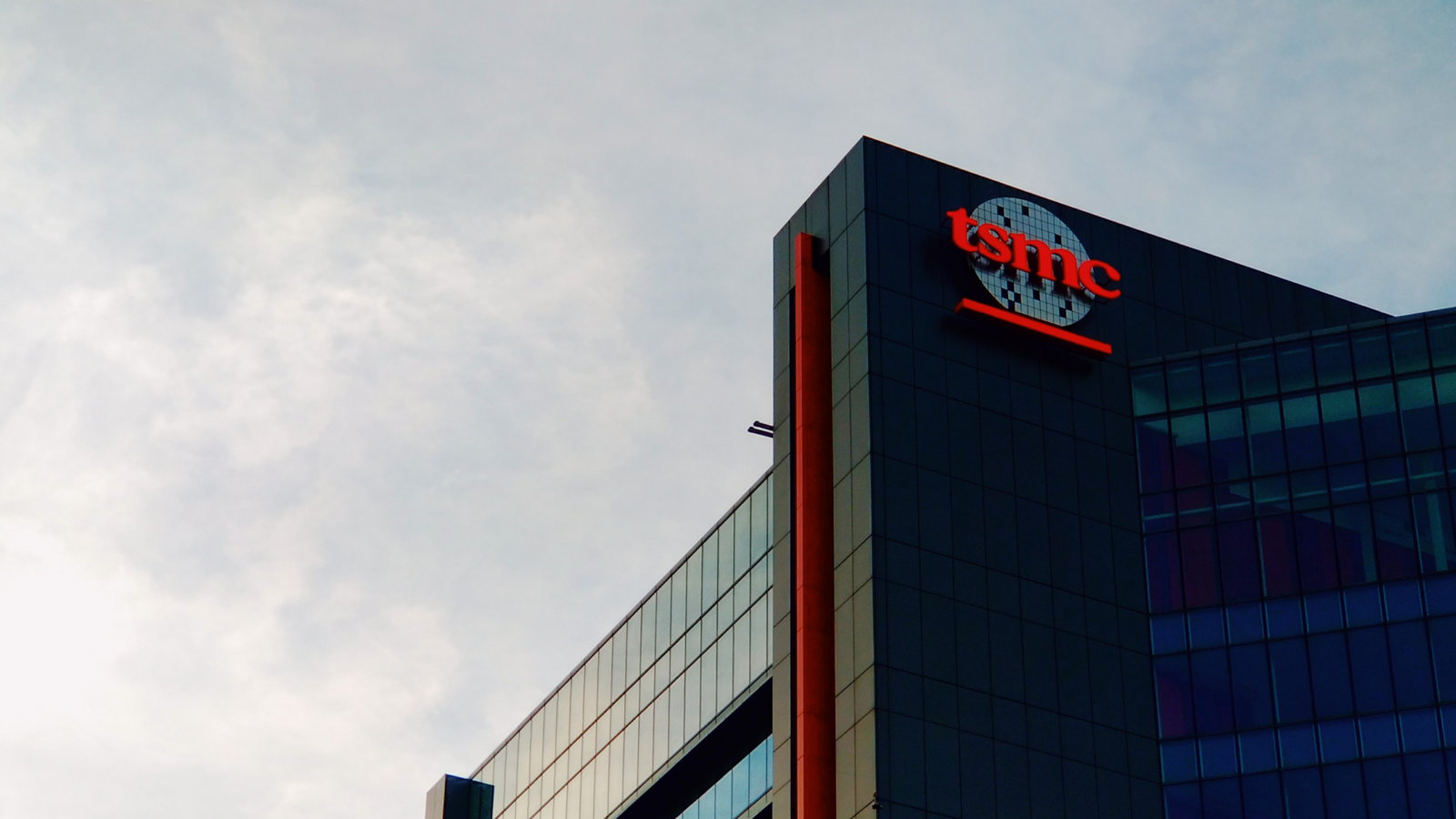Ex-SVB Bank Chief: Fastest Bank Run in History ‘An Anomaly’
Senate hearing devolves into a discussion on who knows ‘Banking 101’ best – bankers, regulators, or Congress?
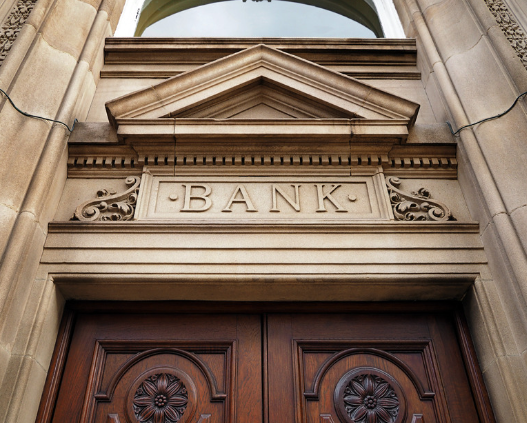
Sign up to unveil the relationship between Wall Street and Washington.
When members of the U.S. Senate Banking Committee confronted ex-Silicon Valley Bank Chief Executive Greg Becker and former Signature Bank executives about this spring’s full-on banking crisis, all they wanted to know was, how was it they didn’t see their banks were about to fail?
“We know your banks were fatally mismanaged,” Banking Committee Chairman Sherrod Brown, a Democrat from Ohio, told the departed executives during Tuesday’s hearing. “When you put other people’s money and our broader economy at risk, there must be accountability for that level of mismanagement. Running a bank, as you know or should know, is unlike running any other company.”
In congressional hearings that are scheduled to stretch into Thursday, top bank executives spoke for the first time in public since their institutions were seized by regulators. Their banks cratered as a wave of customers pulled their deposits in a crisis of confidence, sparking a wider contagion and the biggest bank failures since the 2008-2009 global financial crisis.
The upheaval is not yet over, even as regulators insist the system is safe and federal backstops have been put in place to stem the bleeding.
Brown underscored that the banks’ executives did not heed federal and state officials’ repeated warnings or “glaring risks,” as the banks grappled with concentrated risks in their portfolios, industries and customer bases, in addition to rapid deposit growth and swiftly rising interest rates.
In the case of Silicon Valley Bank (SVB), its venture capital clientele and startup customers moved in nearly lockstep to shift more than $140 billion of deposits from the bank during the crisis, destabilizing it, while Signature’s focus on crypto companies meant its holdings were far too concentrated in one sector, fueling its own bank run.
Senate Democrats and Republicans made no secret of their shared disdain for how the institutions mishandled risk and missed red flags in the lead-up to the March crisis. “The further we get into these post-mortems, it feels to me, and I know people may have already raised this, that there was a failure, unfortunately, at both institutions in Banking 101,” said Sen. Mark Warner, a Democrat from Virginia.
Warner noted that SVB and Signature both had “fast-growth” strategies that appeared to target maximum profit while not fully taking into account their risk concentrations and sheer volume of uninsured deposits against the backdrop of rapidly rising interest rates.
In a statement to the panel, Becker said, “I never envisioned myself or SVB being in this situation.” He said the bank “took risk management seriously” and worked closely with regulators. He added that “the takeover of SVB has been personally and professionally devastating.”
Ultimately, Becker said, “I believe that SVB’s failure was brought about by a series of unprecedented events.” He cited supercharged U.S. government stimulus during the pandemic, which led to massive growth and “more than $5 trillion in new deposits flooded into commercial banks,” followed by an unexpected spike in interest rates after the U.S. Federal Reserve stated for months “that inflation would be only transitory.”
Sen. John Kennedy, a Republican from Louisiana, wasn’t buying that. “You made a really stupid bet that went bad,” he told Becker. “Unless you were living on the International Space Station, you could see that interest rates were rising and you weren’t hedged.”
Becker said SVB’s demise came after it was wrongly lumped in with the collapse of another California institution, Silvergate Bank, which failed amid troubles in the cryptocurrency and fintech sectors. As a result, Silicon Valley clients got jittery, leading to a bank run at SVB of “$42 billion in ten hours, roughly $1 million every second,” he said.
Previously, the largest bank run in history, at Washington Mutual in 2008, saw $19 billion pulled from the bank in 16 days, he noted. SVB was still able to maintain its liquidity as more than $40 billion left the bank, but when customers requested an additional $100 billion the next day, the bank’s final day of business, it was over.
No other bank had ever sustained a run of that velocity and magnitude in history, according to Becker. In other words, he did not view it as a risk management failure, but an inevitable one. “It’s the unprecedented event, the fastest bank run in history, from our standpoint, that was the anomaly,” he said.
Brown was unmoved by this. “Mr. Becker, your version of events blames SVB’s failure on too many interest rate hikes, a social media-driven bank run, the closure of the much smaller Silvergate Bank and the regulators for being slow to highlight its longstanding problems,” he said. “It sounds a lot like ‘the dog ate my homework.’”
Signature Bank’s board chair and co-founder, Scott Shay, agreed with Becker, telling the Senate panel, “Truly extraordinary and unprecedented events unfolded quickly.” He said customers at Signature panicked after SVB was seized by regulators (SVB was later sold to North Carolina-based First Citizens Bank). “Within just a few hours, our depositors withdrew $16 billion from the bank,” he said.
Despite the setback, Signature Bank remained well-capitalized and would have been able to survive, Shay said, but regulators decided to seize it too.
“The bank was solvent,” he said. “Indeed, it was always solvent, with assets well in excess of liabilities, even at the very end.” He said he strongly disagreed with regulators seizing the bank and folding it into New York Community Bancorp’s Flagstar Bank in March.
“Although I disagreed with this decision, I recognize the important role the bank regulators play in our financial system,” Shay said, adding that the seizure of the bank “was a devastating day for me.”
The hearing raised some fairly serious questions about how bankers view risk management, versus how regulators and congressional leaders see it. In many cases, the lawmakers’ quibbles came down to finding fault with what amounted to the day-to-day difficulties of running a bank.
For instance, Brown came down hard on Signature’s mix of customers. “The bank ended up with an extraordinary level of client concentration,” he said. “The numbers are, frankly, hard to believe: 60 clients held 40 percent of total deposits, four depositors accounting for 14 percent of total deposits.”
Shay responded that “the bank endeavored to diversify its deposit portfolio mix and maintain liquidity availability to offset those higher concentrations of assets.”
Sen. Tim Scott, a Republican from South Carolina, asked Becker how 90 percent of SVB’s deposits could be uninsured. (The U.S. Federal Deposit Insurance Corporation insures up to $250,000 for every depositor at every insured bank.) “Walk me through how you missed that, because that is core to what our nation has experienced in now having serious doubts about our banking system,” Scott said.
Becker explained that when commercial clients hold large amounts of capital at a bank, it’s not unusual to have balances exceeding the $250,000 insured. “In my history, our clients have always had substantial amounts of cash,” he said. “That’s just the profile, so it’s not something that’s happened in the last three years, four years or five years, it’s always been that way…we had substantial amounts of liquidity.”
Overall, the hearing revealed the surprising blind spots of even very seasoned bankers, how easily regulators get spooked enough to shut down a bank (even when it’s solvent) and what little lawmakers know about banking itself. If anything, Americans probably should be concerned about that.
